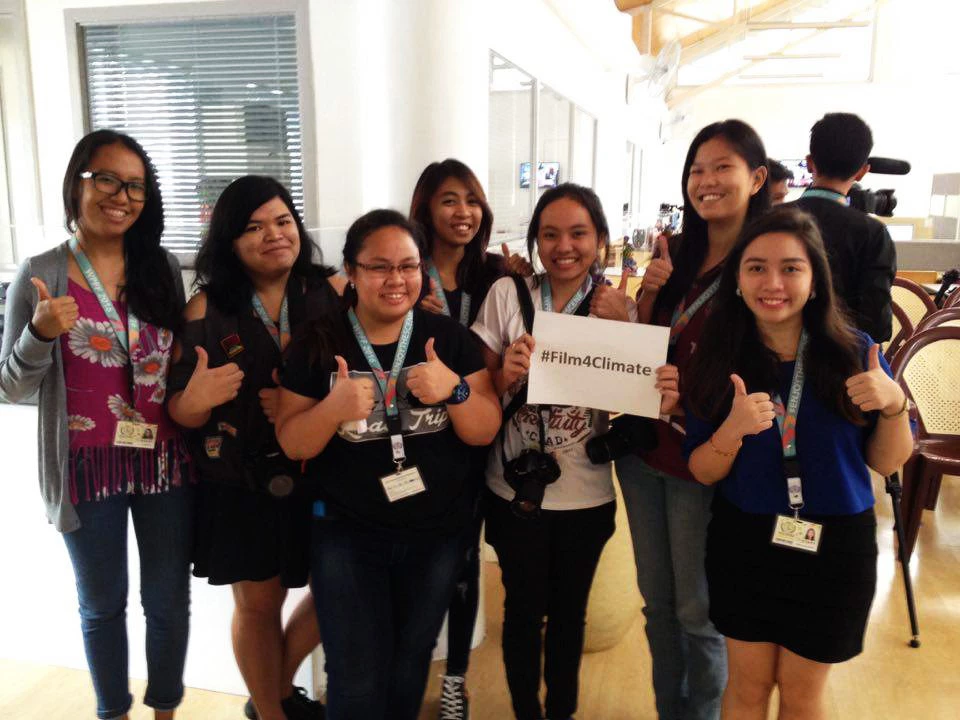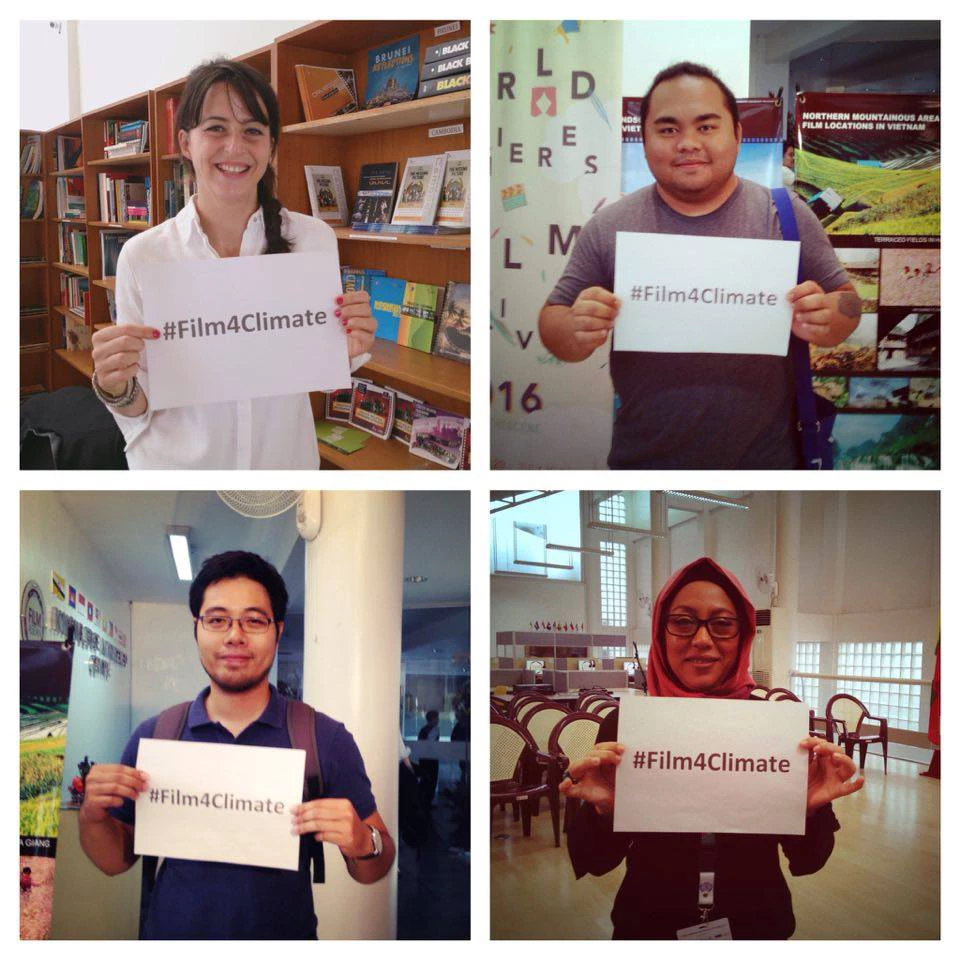
“In a time when gods walked the earth, an epic battle rages between the encroaching civilization of man and the gods of the forest…” That’s the opening line of the official movie trailer for Princess Mononoke.
I’ve always been a fan of Studio Ghibli, but among their films, Princess Mononoke was one that inspired me most. If you don’t know the story, there’s a prince that gets involved in a war between mankind and gods. The fate of the world rests on a forest princess! Yes, there’s a fearless forest princess in this movie. With its strong plot, interesting characters and fantasy elements, it became one of the highest-grossing films in Japan. Sure enough, Mononoke led me to a path of believing in heroes and saving the world.
If I ask you what movie changed your life or inspired you to action, I’m guessing that you would tell me about a blockbuster, or maybe, a cause-related documentary. Stories speak to us differently and individually. The bigger question is, where can these stories take us?
Film4Climate at the World Premieres Film Festival
Since 2011, the World Bank Group’s global partnership program Connect4Climate has been working to engage the creative industries in the climate change conversation and to stimulate people around the world to act.
Over the past two years, the Film4Climate initiative of Connect4Climate has engaged the film industry to advance environmental sustainability and the inclusion of social messages in films and visual storytelling, both in content and production.
I recently had the opportunity to support Film4Climate at the World Premieres Film Festival in the Philippines, where we contributed to the festival’s “green film” section. The festival is very prestigious as it is organized by the Film Development Council of the Philippines, which also chairs Film Asean, the network of film commissions in South East Asia.
The Cine Verde section of the festival featured films with environmental themes. We presented Connect4Climate’s achievements to young festival goers and members of various film councils highlighting the program’s overall objective to raise the level of awareness on climate issues, leverage the potential impact of films and storytelling, and encourage local or regional climate action.
I spoke to film executives and young filmmakers and they believe that together, the film industry can produce, not only more significant stories on climate change and poverty, but also take meaningful steps towards making film production sustainable.
Film4Climate Global Video Competition
The festival also provided a unique opportunity to promote the Film4Climate Global Video Competition. Aspiring filmmakers from around the world are invited to express their vision for a sustainable future by producing a short film or video advertisement about climate action. The competition is open for submissions through September 15th, with the winners to be announced at a high-profile awards ceremony at the United Nations COP22 Climate Summit in Marrakesh, Morocco in November.

The End?
From what I’ve seen, the festival was a platform to recognize and encourage aspiring filmmakers, mostly, young talent. Many of the young Filipino filmmakers were also interested in the Film4Climate competition, and were going to submit their films at film4climate.net or Connect4Climate’s Facebook page.
But as a cinemagoer, how does one know what to do next after watching a movie? Does it end when the credits roll?
What I learned from the “green film” section at the World Premieres Film Festival is that filmmakers work hard to give their audience that spark, to educate and inspire. Solar Mamas, a documentary presented by Connect4Climate, for example showed how educating women from rural developing countries to become solar engineers can have a lasting sustainable development impact.
But filmmakers can’t do everything. Luckily, they’re not alone. Film festivals are just one of many ways to connect filmmakers with communities who are ready to take action.
As viewers, we watch a film, learn from it, and find ways to be heroes in our own stories (or someone else’s). Most of the time, we change our lives without thinking about it. For me, that’s the real impact of film.
Now, who wants to see a movie? Or better yet, who wants to make a climate change movie to change the world?


Join the Conversation